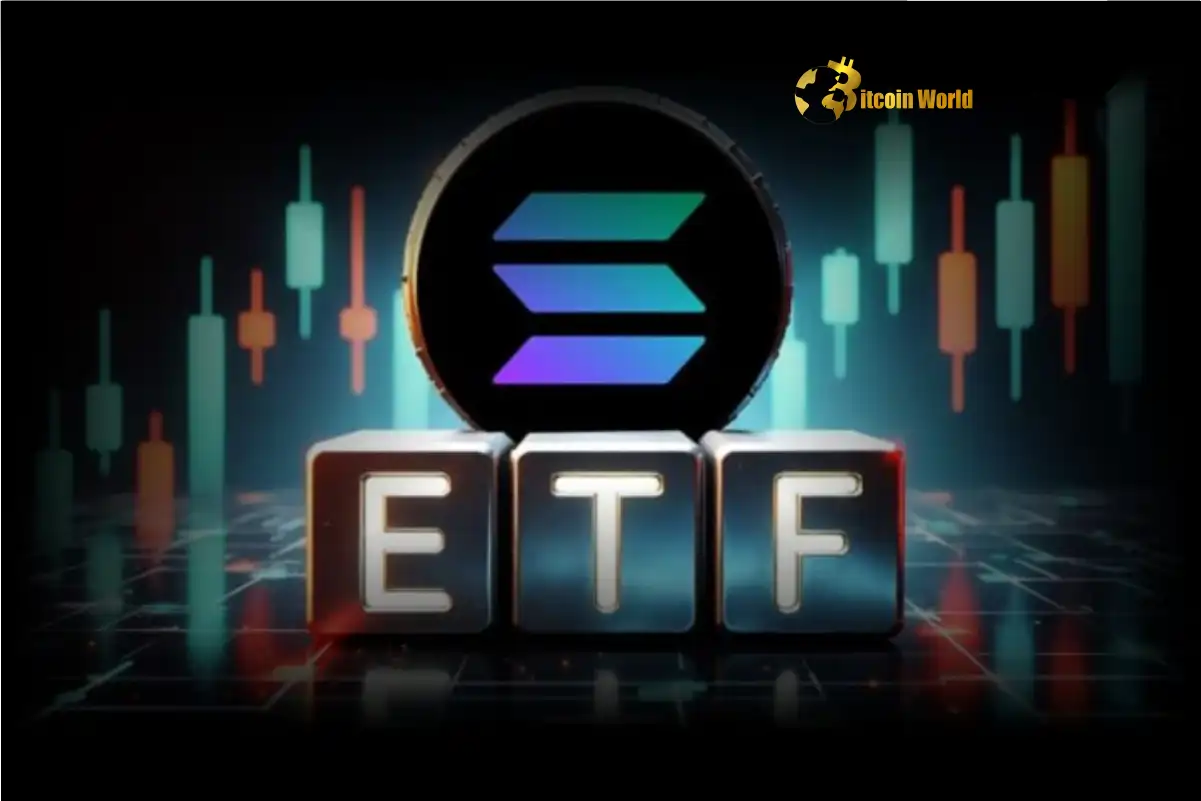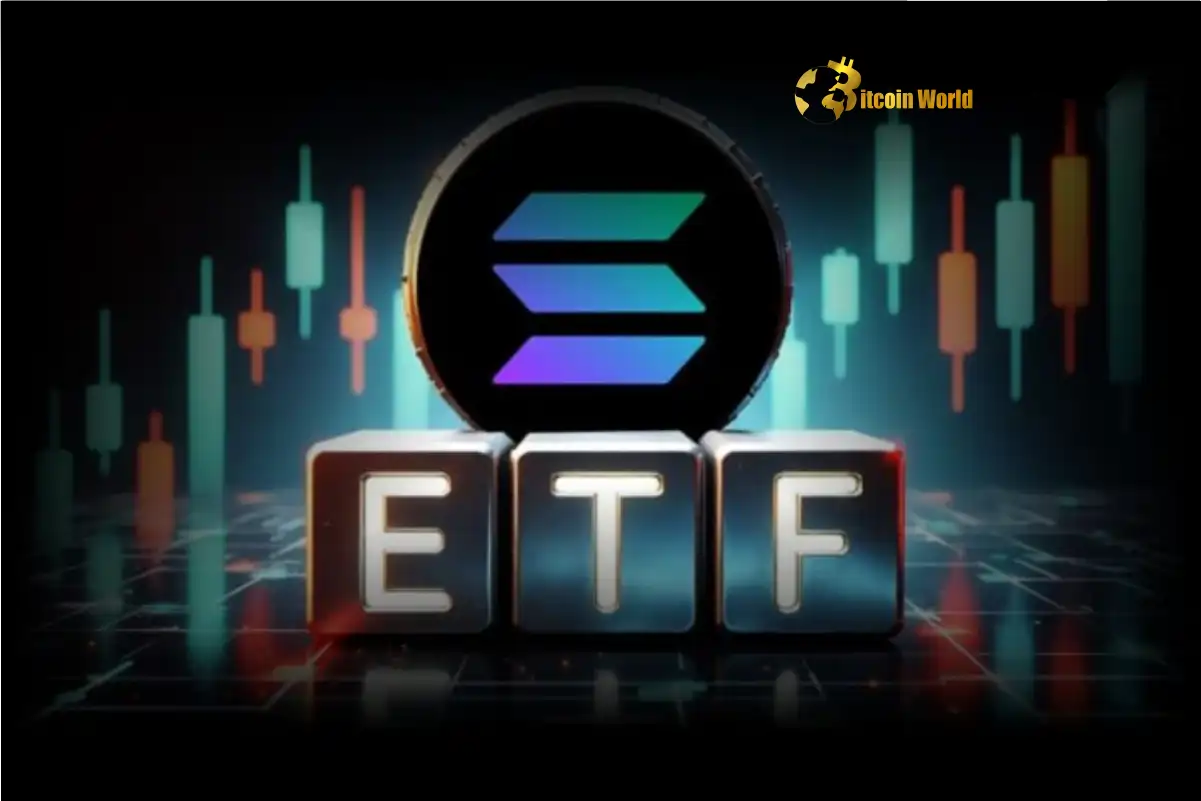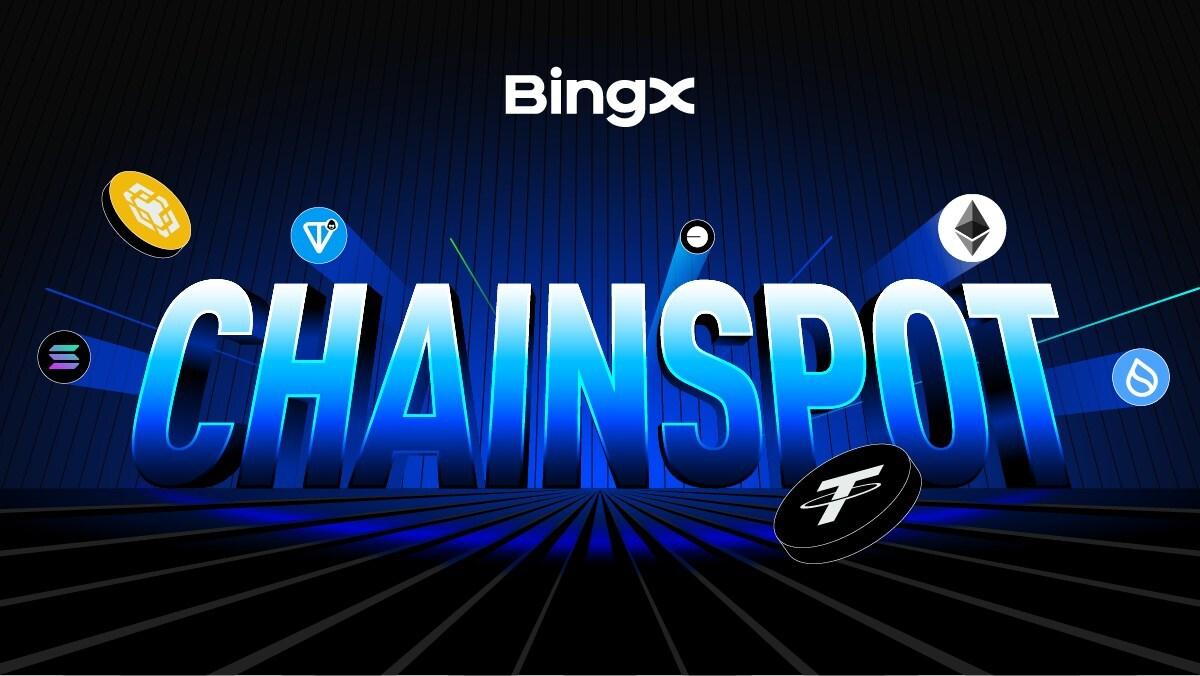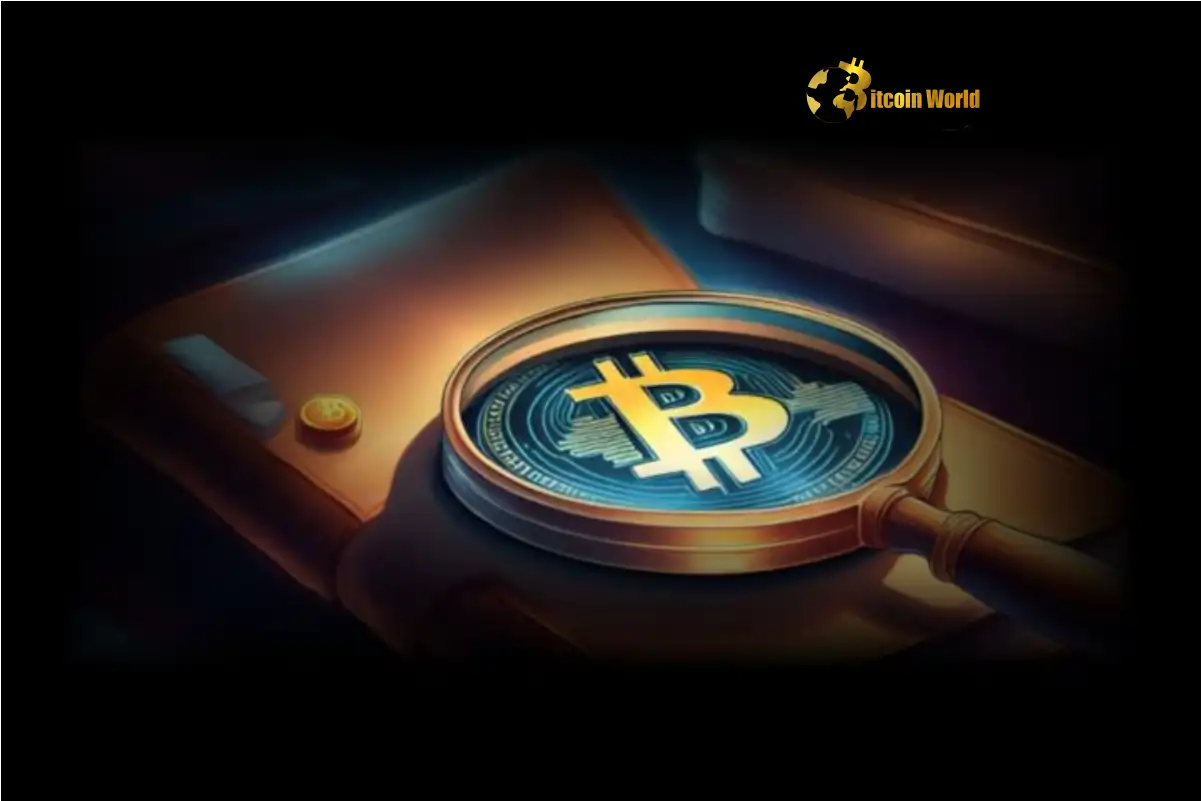Excitement is building in the crypto sphere as the clock ticks down for a potential game-changer: a Solana ETF. For those deeply invested in the crypto world, especially Solana (SOL), the latest update from Bloomberg analyst James Seyffart is crucial. Are we on the verge of seeing a Solana ETF finally hit the market? Let’s dive into the details and understand what this could mean for you and the broader crypto landscape.
Why is the Solana ETF Deadline of October 10th Generating Buzz?
According to Bloomberg ETF analyst James Seyffart, the earliest final deadline for a Solana ETF application is now set for October 10th. This date isn’t just plucked out of thin air; it represents a critical point in the regulatory process. Seyffart highlighted in a recent podcast that it’s improbable for the SEC (Securities and Exchange Commission) or its dedicated Crypto Task Force to reach a decision on approving a Crypto ETF of this nature before this date. This essentially sets the stage for a nail-biting wait until at least October for any definitive news. But why is this deadline so important, and what makes a Solana ETF such a hot topic?
- Regulatory Timelines: The SEC has specific timelines for reviewing and approving or rejecting ETF applications. October 10th represents a key milestone in this process for any potential SOL ETF.
- Market Anticipation: The crypto market, particularly Solana enthusiasts, are eagerly anticipating a positive decision. An approved Solana ETF could unlock significant institutional investment in SOL.
- Analyst Insights: James Seyffart’s statements carry weight in the ETF world, and his setting of this deadline provides a concrete timeframe for market expectations.
What are the Potential Benefits of a Solana ETF?
The introduction of a Solana ETF could be a monumental step for the Solana ecosystem and the broader cryptocurrency market. Let’s explore some of the key benefits:
- Increased Accessibility for Investors: An ETF makes investing in Solana significantly easier for retail and institutional investors. They wouldn’t need to navigate crypto exchanges, wallets, or private key management. Buying and selling SOL would be as straightforward as trading stocks through traditional brokerage accounts.
- Boost to Solana’s Market Capitalization: ETFs can channel substantial capital into the underlying asset. Approval of a SOL ETF could lead to a significant influx of funds into Solana, potentially driving up its price and market capitalization.
- Legitimization of Solana as an Asset Class: An ETF approval by the SEC would lend further legitimacy to Solana as a recognized and investable asset class. This could attract more institutional investors who are currently hesitant to invest directly in cryptocurrencies.
- Enhanced Liquidity: ETFs are traded on exchanges, providing high liquidity. A Solana ETF would enhance the overall liquidity of SOL, making it easier for investors to buy and sell without significantly impacting the price.
- Diversification Opportunities: For investors looking to diversify their portfolios, a Solana ETF offers a convenient way to gain exposure to the cryptocurrency market without directly holding SOL tokens.
Challenges and Hurdles in SEC Approval for a Crypto ETF
While the prospect of a Crypto ETF, especially a Solana ETF, is exciting, it’s crucial to acknowledge the challenges and regulatory hurdles that must be overcome. The SEC has been cautious in approving cryptocurrency-based ETFs, and for good reason. Here are some of the key challenges:
| Challenge | Description |
|---|---|
| Market Manipulation Concerns | The SEC has expressed concerns about the potential for market manipulation in the cryptocurrency space, which could affect the price and stability of a Crypto ETF. |
| Custody and Security | Ensuring the secure custody of the underlying Solana assets for an ETF is a critical concern. The SEC needs to be convinced that robust and reliable custody solutions are in place. |
| Regulatory Uncertainty | The regulatory landscape for cryptocurrencies is still evolving. The SEC is navigating uncharted territory, and its approach to crypto ETFs is still being developed. |
| Volatility of Crypto Assets | Cryptocurrencies, including Solana, are known for their volatility. The SEC needs to assess how this volatility might impact the risk profile of a SOL ETF and investor protection. |
| Defining ‘Crypto Task Force’ Role | James Seyffart specifically mentioned the SEC’s Crypto Task Force. Understanding the exact role and influence of this task force in the ETF approval process is crucial but remains somewhat opaque. |
What Does the October 10th Deadline Mean for Your Crypto Investments?
The October 10th deadline for a potential ETF Deadline is more than just a date on the calendar; it’s a potential inflection point for Solana and the crypto market. Here’s what investors should consider:
- Stay Informed: Keep a close watch on news and updates related to Solana ETF applications and SEC announcements. Reliable sources like Bloomberg and reputable crypto news outlets are essential.
- Manage Expectations: While the deadline is set, SEC approval is not guaranteed. Be prepared for both positive and negative outcomes. Market volatility around this date is highly probable.
- Diversify Your Portfolio: Regardless of the ETF outcome, diversification remains a sound investment strategy. Don’t put all your eggs in one basket, even if you are bullish on Solana.
- Understand Risk Tolerance: Crypto investments are inherently risky. Assess your risk tolerance and invest accordingly. ETFs can mitigate some risks associated with direct crypto ownership, but risks remain.
Beyond October 10th: The Future of Solana and Crypto ETFs
Whether the SEC approves a Solana ETF by October 10th or not, the trajectory of crypto ETFs is clear: they are becoming an increasingly important part of the financial landscape. The demand for regulated and accessible crypto investment products is growing, and ETFs are a natural evolution in this space. Even if this particular deadline passes without approval, the push for a Crypto ETF, including those based on Solana, will likely continue. The industry is maturing, and regulatory frameworks are slowly catching up.
The October 10th deadline is a significant marker in the journey toward a Solana ETF. It represents the earliest possible date for a final decision and underscores the ongoing dialogue between the crypto industry and regulatory bodies like the SEC. While uncertainty remains, the potential benefits of a Solana ETF are undeniable, promising to broaden access, enhance legitimacy, and inject significant capital into the Solana ecosystem. Keep watching this space – the next few months could be pivotal for Solana and the future of crypto investment.
To learn more about the latest crypto market trends, explore our article on key developments shaping Bitcoin price action.
[ad_2]
Source link






